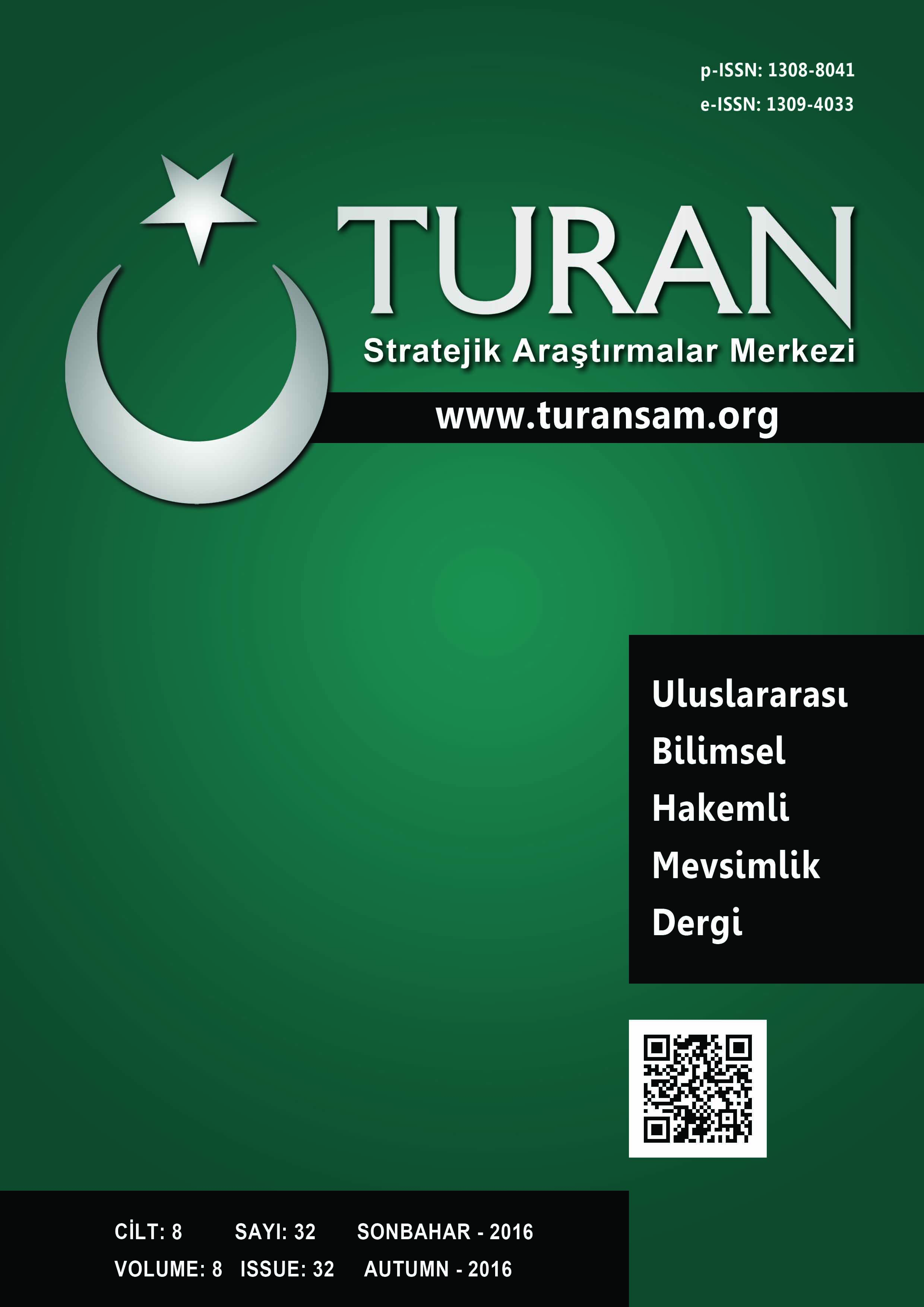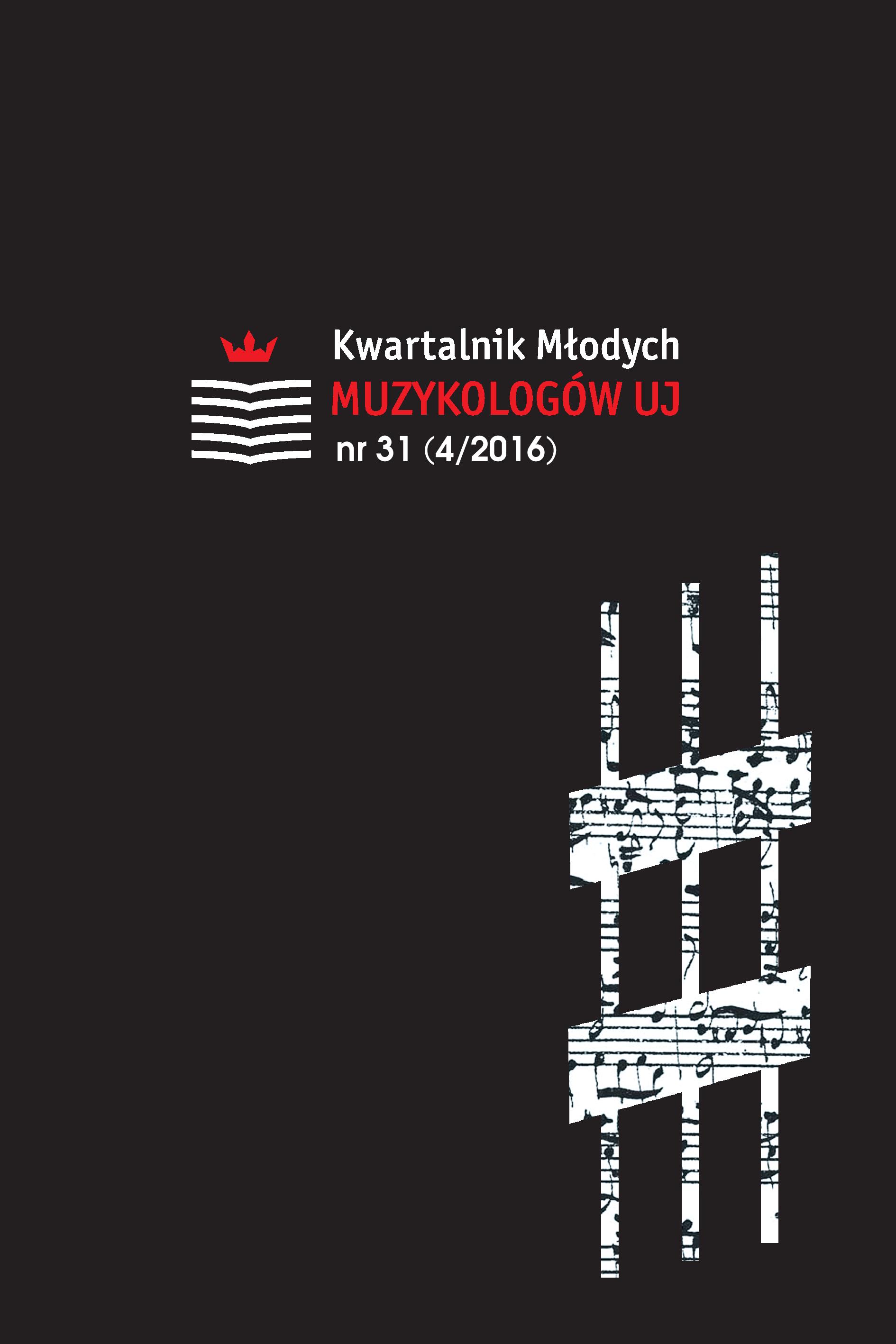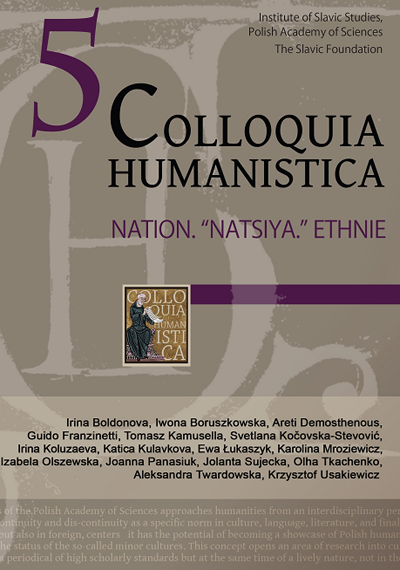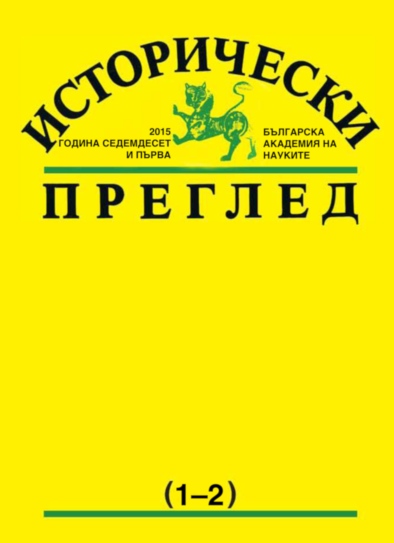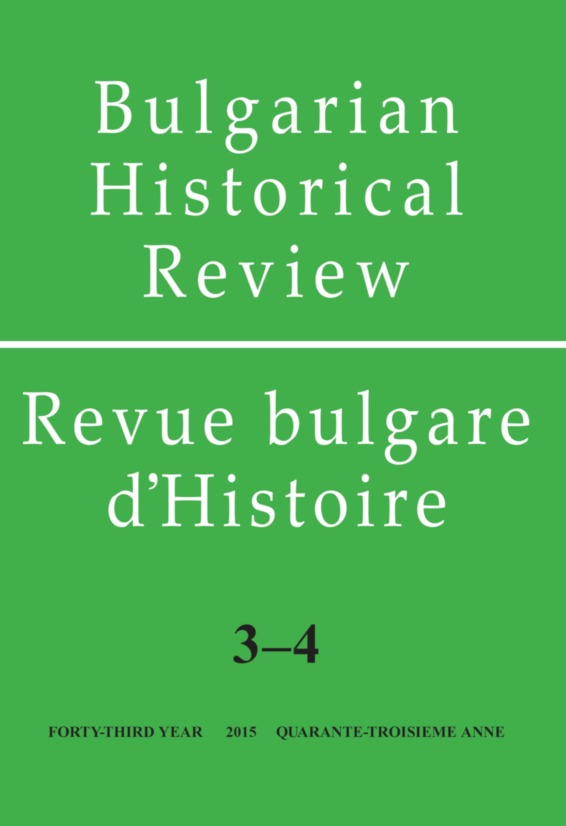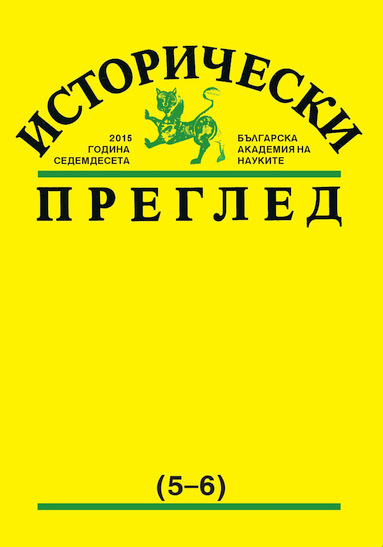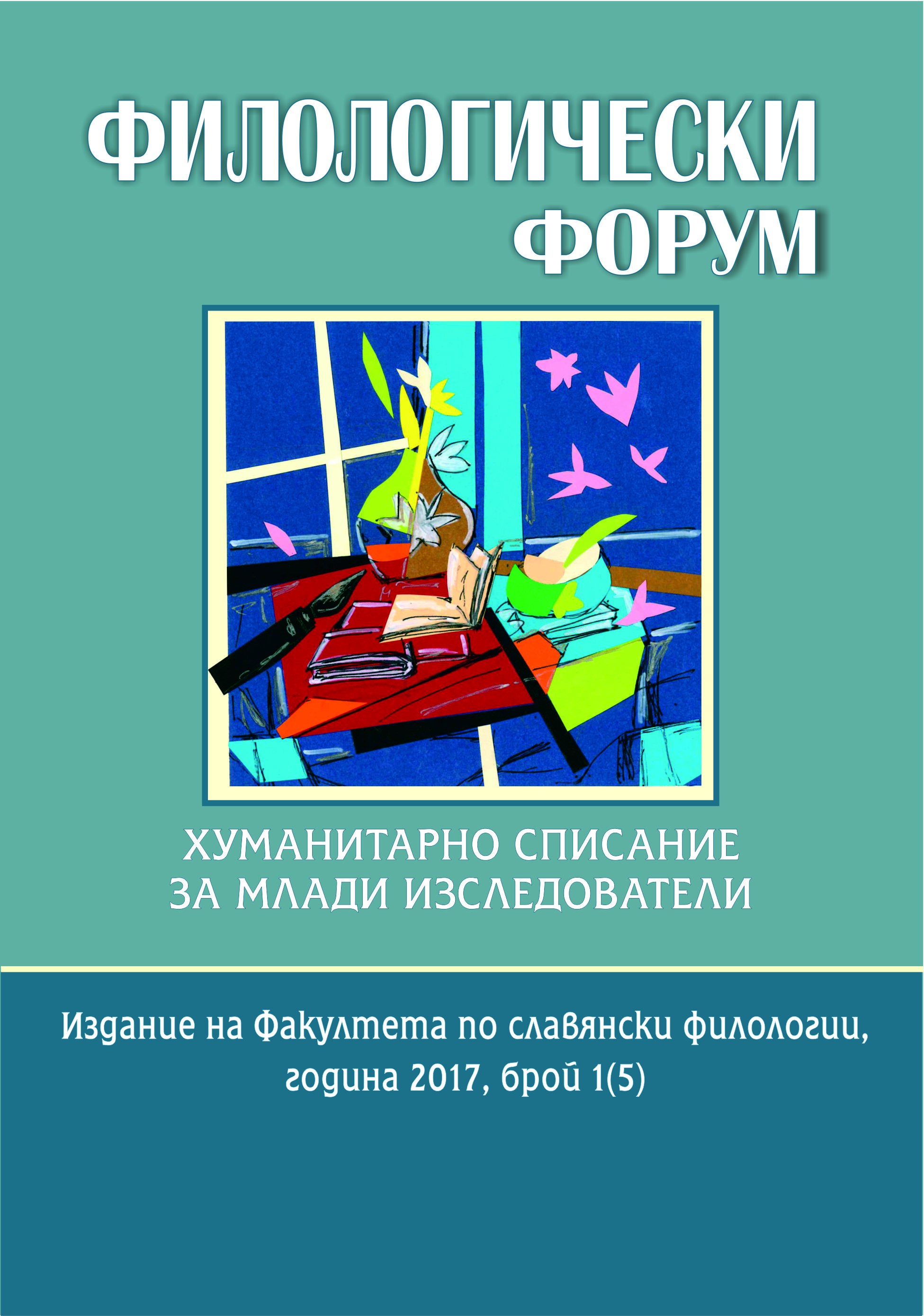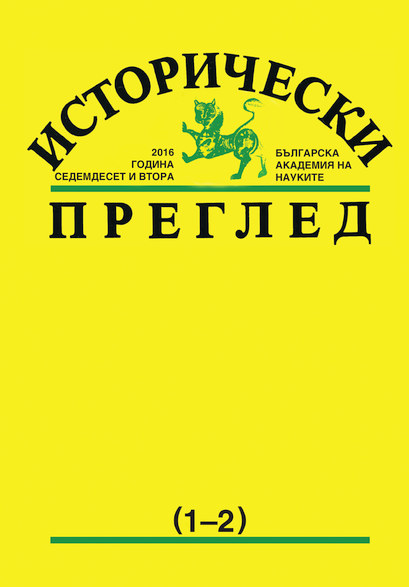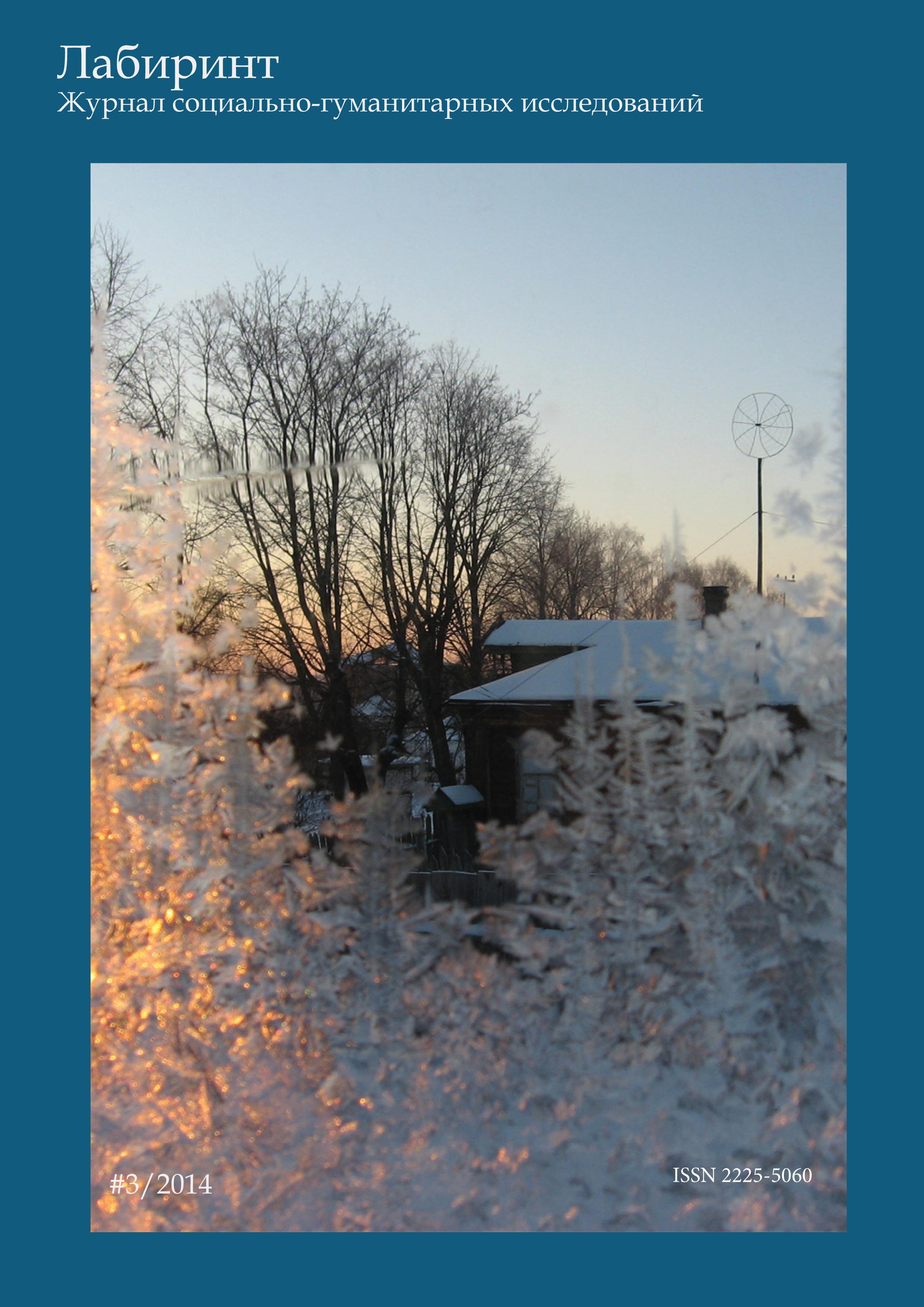
ПЕРВАЯ МИРОВАЯ ВОЙНА В СОВЕТСКОМ ПЕЧАТНОМ ДИСКУРСЕ 1920-1940-х гг.
The article is about a relevant issue of national identity formation. The author is aiming to trace the mechanisms of national myth creation and construction of historical memory. The author considers it appropriate to research these processes using the memory of World War I as an example. Specifically, the ways in which the war was covered in Soviet press. The empirical material used includes: issues of the Soviet newspapers «Pravda» and its Perm counterpart — newspaper «Zvezda» that were released in the period from 1924 to 1948. The key evidence is the thesis that government discourse was used to affect the memory construction by speech influence on the general public. The author suggests that the Soviet government, which had the the print media production monopoly, formed the identity of Soviet people by giving emotional context to the events and characters of the past. The analysis showed that the Soviet newspapers provided significantly more coverage to the periods of anniversaries of the beginning of WWI than to those of its end. The end of WWI was replaced by the memory of the Great October Revolution and, later, of the civil war. The images of war in different periods are dissimilar to each other, they are constructed by newspaper columnists with consideration of the current situation in order to reflect the reality.
More...
